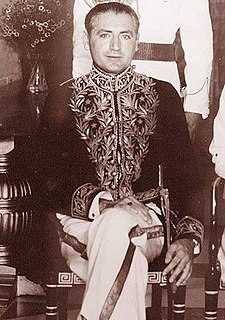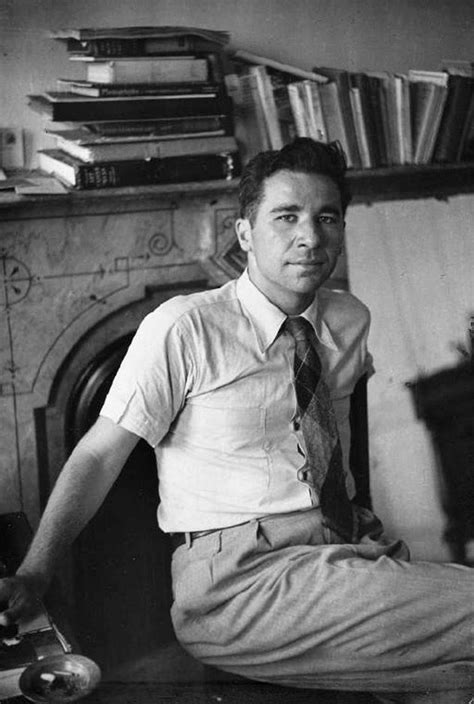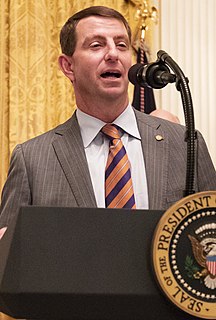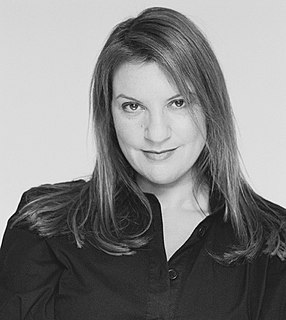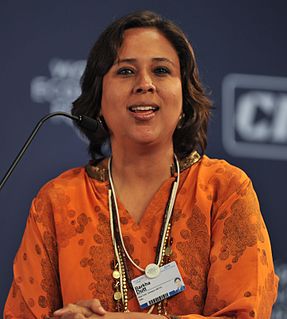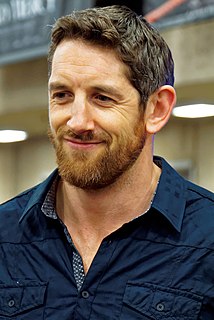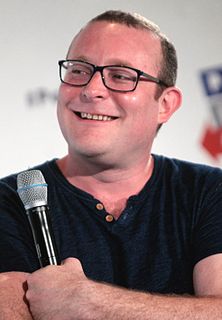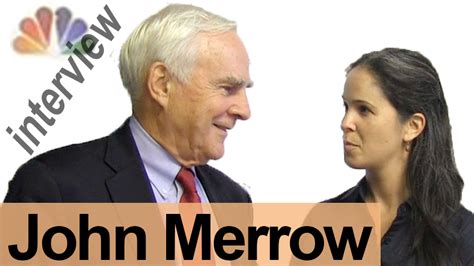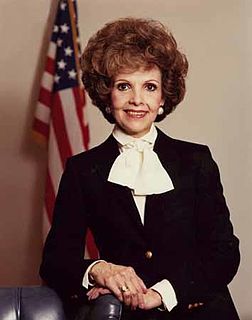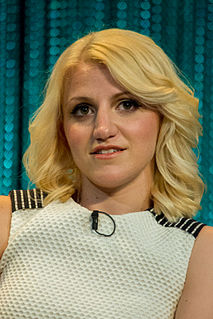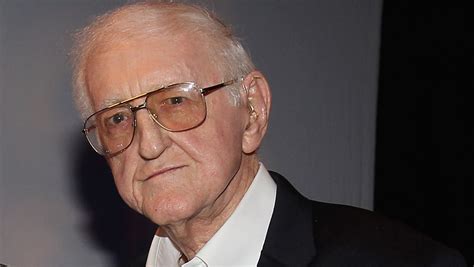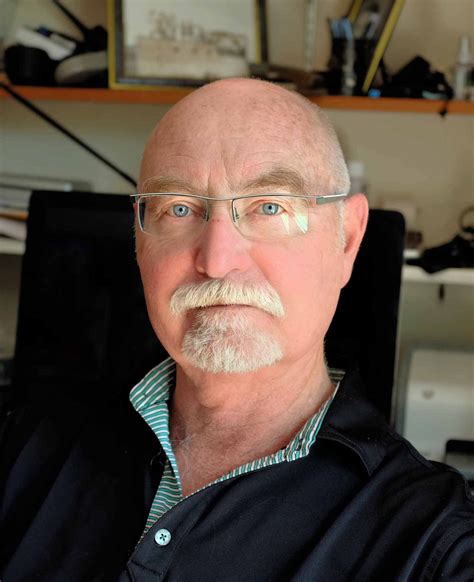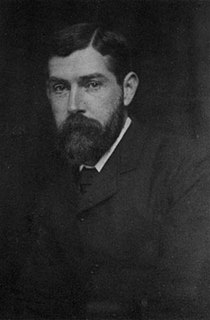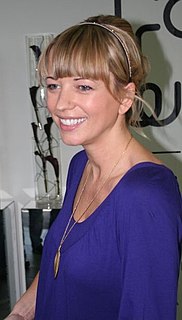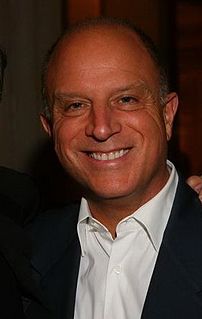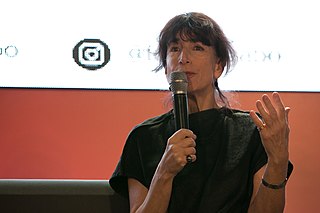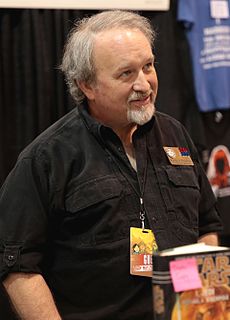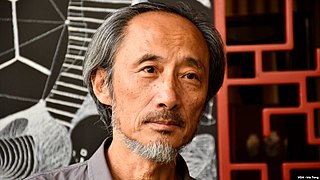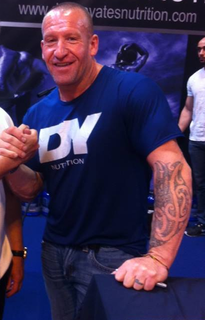Top 1200 Good Authors Quotes & Sayings - Page 16
Explore popular Good Authors quotes.
Last updated on October 24, 2024.
There is no single test or formula for producing moral progress anymore than there is for generating scientific truths. It is a process involving theoreticians, fact-gatherers, protestors, martyrs for the cause, authors of first- person narratives who change the way we see and evaluate the distribution of harms and benefits.
I couldn't just be good on the mic. I needed to be good on the mic; I needed to be good in the ring; I need to be good in my presentation; my ring attire need to look good, my appearance. Everything about me needed to be the best. I couldn't be weak in any area because you're only as good as your weakest aspect.
To understand the works of celebrated authors, to comprehend their systems, and retain their reasonings, is a task more than equal to common intellects; and he is by no means to be accounted useless or idle, who has stored his mind with acquired knowledge, and can detail it occasionally to others who have less leisure or weaker abilities.
Silicon Valley isn't usually where aspiring authors go to kick-start a literary reputation. [...] How'd he do it? By courting bloggers and influential techies like Joi Ito, Stewart Brand, and Craig Newmark demonstrating that if you can get the geek grapevine on your side, you don't need Random House.
I can only tell you that eggs, country ham, biscuits, a pot of coffee, a morning paper, a table by the window overlooking the veranda and putting green, listening to the idle chitchat of competitors, authors, wits and philosophers, hasn't exactly been a torturous way to begin each day at the Masters all these years.
Book sales and teens reading is always a fantastic thing, but we should also be celebrating and consuming the huge wealth of U.K. and U.K.-based writing and illustrating talent. Authors such as Charlie Higson, Darren Shan, Holly Smale, Tanya Byrne, Catherine Johnson, Sophie Mckenzie, to name but a few.
As for the multiple editions, in the case of a truly great writer - Shakespeare, Emily Dickinson, Proust, someone with a canon - there is often a "variorum" edition of the work that presents its variants. I think publishing most other writing that way would be impossible, economically, for publishers, and very ill-advised for authors.
After the Tiananmen Massacre, I felt compelled not only to continue writing but to actively resist the restrictions placed on freedom of speech. I set up the publishing company in Hong Kong, with offices in Shenzhen in mainland China, and managed to publish works of fiction, philosophy, and politics by unapproved authors.
